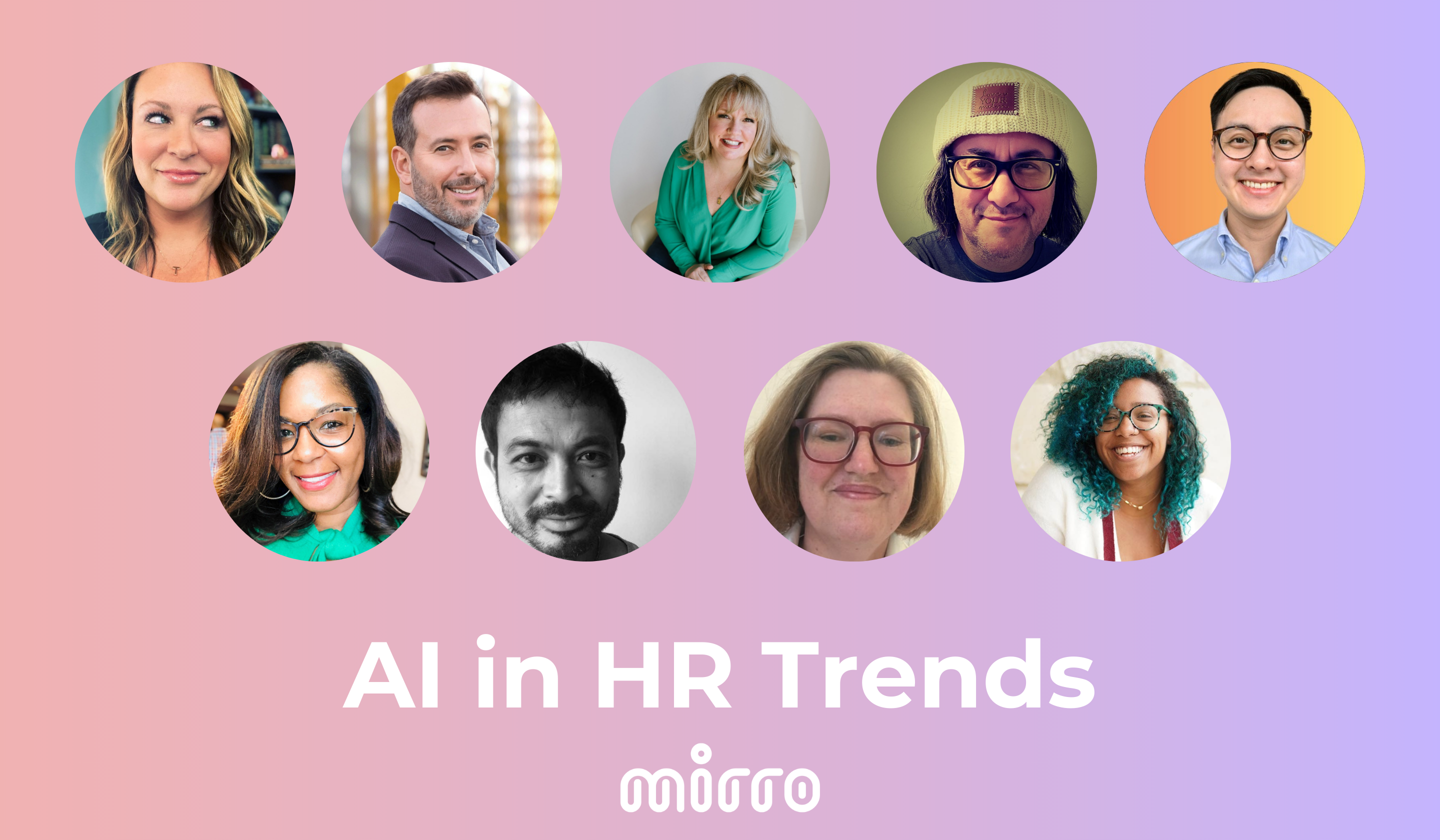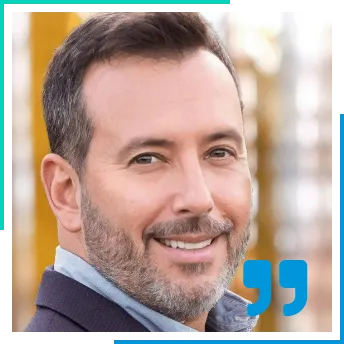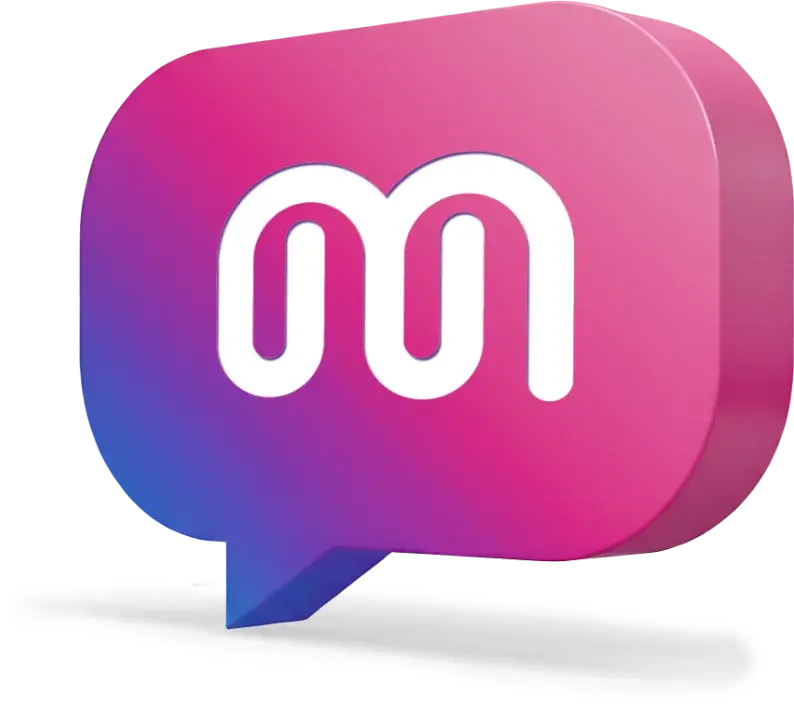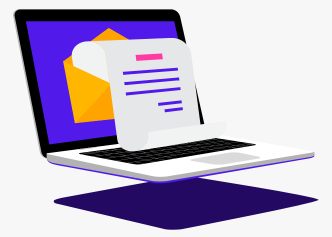SECTION
AI in HR Trends and Challenges [With Quotes from Industry Experts]

Listen to this article:
The rising adoption of HR tech in the workplace is profoundly reshaping the future of work. AI can be transformative in many areas, especially in Human Resources—it can be the seed of innovation to drive change.
However, people leaders and HR professionals must be careful when using AI in HR. Maintaining a human-centric approach is vital to elevate the employee experience.
To determine if AI will be the next big thing in HR, we talked with several industry experts about the benefits and challenges of implementing AI-driven HR solutions. Read their tips on balancing AI usage with a people-centric approach.
What is the role of AI transformation in HR?
HR tech stack is here to stay. Rather than being overwhelming or intimidating, treat AI as a welcome assistant that can help you navigate today’s demands with greater agility and focus. The trick? Using it to amplify—not replace—the human touch.
“AI in HR is transformative, cutting through the noise to streamline processes that used to bog us down. It handles repetitive tasks with precision, making our operations more efficient and freeing up our time for more strategic work.”
Tara Furiani, CEO of Not the HR Lady
Tara’s point is clear: HR pros can finally put more energy into big-picture thinking with AI as the co-pilot.
Justin Chia, a data analyst and AI enthusiast, agrees, adding, “AI empowers HR professionals to spend less time on repetitive tasks and more time cultivating talent and culture.” Justin touches on the heart of the matter—letting AI handle the heavy lifting on admin work so HR can focus on what really counts: people.

Besides simplifying our working life, AI can automate recruitment efforts, improving the candidate experience and creating smoother hiring journeys.

But beyond its practicality, AI-driven approaches still need a human hand to finesse the results. The real value lies in pairing AI’s capabilities with human expertise, ensuring HR tech elevates, not eclipses, the human experience.

What are the most significant challenges of AI in HR?
As AI becomes more integrated into HR, it brings significant productivity gains—but also a new set of challenges. When using this time-saving technology, the key is to be intentional and mindful of the threats.
"The potential productivity gains from Al for HR are enormous. The real question we need to ask is what we do with the time we save? HR needs to be crystal clear on what it hopes to achieve here—not just doing more work with fewer people but doing better work for more people."
Hung Lee, Leading expert in HR and recruiting
William Tincup, editor at WRKdefined and an industry advisor, takes an inspiring approach, quoting Jay-Z’s “Friend or Foe” to underscore the duality of AI in HR:

William’s point is clear: those who embrace the shift to strategic, data-informed roles will thrive with AI, while those resistant may find AI more of an intruder than an ally.
Tara further highlighted an essential caution: while AI can crunch numbers, it can’t replace the empathy and nuanced understanding humans bring to the table. Plus, with AI handling sensitive employee data, privacy vigilance is paramount to protect against potential breaches.

Keirsten advocates for a “high-tech, high-touch” approach, suggesting that finding this balance is essential to capture AI’s benefits without compromising human-centered HR values.
“However, when implementing AI tools, it’s important to consider the various challenges, such as difficulty in assessing soft skills, lack of transparency, adherence to compliance and privacy regulations, over-reliance on keywords, lack of human touch, and algorithmic bias. Finding a high-tech and high-touch balance is essential to maximize benefits and minimize challenges.”
Keirsten Greggs, Talent Acquisition Leader & founder of TRAP Recruiter
How do we balance AI with human-centric HR approaches?
We’ve seen the most significant challenges of AI in HR—potential security breaches, lack of transparency, algorithmic bias, and, most importantly, lack of human touch.
The secret to making AI work in HR is finding the sweet spot between tech-driven efficiency and human-centered empathy. AI is a tool, not a takeover—its purpose is to enhance, not replace, the judgment and intuition that only people can bring to the table.
Jessica Miller-Merrell, founder of Workology.com, highlights this balance perfectly. Jessica’s perspective is refreshing; AI handles the nuts and bolts, letting HR pros prioritize connection and empathy, the real core of people management.

By keeping an eye on AI and cross-checking its outputs, HR teams can ensure AI aligns with important values like fairness and inclusivity. Regular reviews are a great safeguard, ensuring AI decisions support a balanced, people-first culture:
“At the same time, ensuring transparency in AI decision-making is crucial to maintaining trust. HR professionals should monitor AI algorithms for potential bias and make decisions that combine data insights with human intuition. Regularly reviewing AI outcomes against human feedback helps ensure that the technology serves the organization’s broader goals of fairness, diversity, and employee well-being. This balance allows companies to leverage AI’s efficiency while maintaining a personalized, human touch in their HR practices.”
Jessica Miller-Merrell, Founder of Workology.com
Madison’s point is also a crucial reminder that while AI may streamline processes, it’s not completely free of bias. Staying mindful of this reality ensures that AI remains an aid, not a barrier, to ethical practices.
“We must never forget that we are working with humans in this space, and humans deserve human interactions. We mustn't allow AI to substitute for the humanity required to run ethical, equitable, and inclusive teams. AI may be helpful, but it is still riddled with bias, and that must be taken into account when using it in our day-to-day People functions.”
Madison Butler, CEO of GRAV & founder of Black Speakers Collection
Predictions on how AI will shape the future of HR
Looking ahead, AI in HR promises to be a game-changer, bringing us into an era of personalization and predictive capabilities. Craig Fisher, Talent Operations and RecTech Marketing Leader, captures this vision:

But as we embrace these AI in HR trends, there’s a guiding principle running through each expert’s advice: balance. The future of HR won’t simply be about automation or efficiency; it will hinge on how thoughtfully we integrate technology without losing the human touch. AI might spot a great candidate, but it’s the human connections that build culture and trust. As Hung Lee reminds us, the goal isn’t simply to do more with fewer resources but to use AI to do better work that resonates with more people.
William Tincup’s view that AI can be both “friend and foe” is a reminder of the responsibility that comes with these tools. The more we harness AI to handle data and operational tasks, the more HR professionals can—and should—step into strategic, impactful roles. This shift from “doing” to “strategizing” lets HR focus on creating a workplace where technology empowers, rather than overshadows, the individual.
As AI transforms HR, our mission remains clear: to use this innovation to streamline processes and elevate the employee experience. By marrying AI’s efficiencies with the values of empathy, inclusivity, and fairness, HR can usher in a future where technology amplifies our humanity, not replace it. In the end, the true success of AI in HR will be measured by how well it supports and enriches the connections at the heart of every thriving organization.






